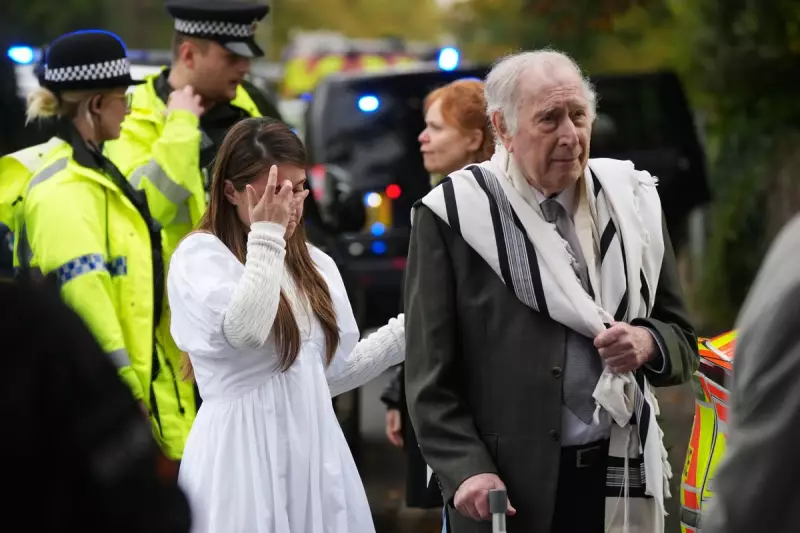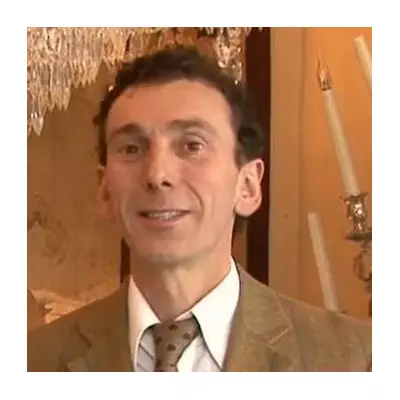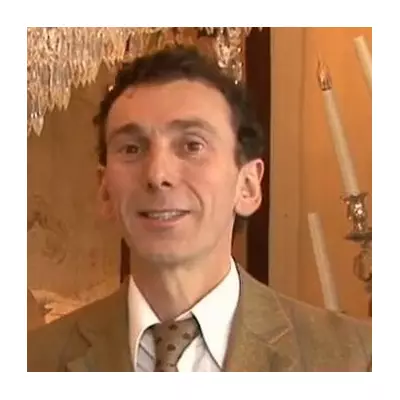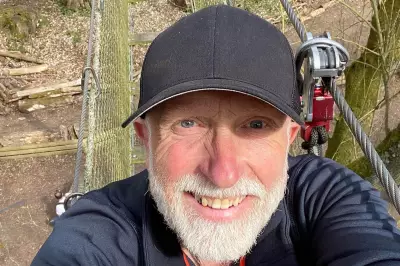
A quiet Friday evening in Manchester was shattered by an act of pure terror that has left the city's Jewish community reeling. The attack outside a synagogue in the upscale area of Higher Broughton represents more than just an isolated incident—it's a stark warning about the escalating threat of antisemitism in modern Britain.
A Community Under Siege
As worshippers prepared for Shabbat services, the peaceful atmosphere was violently disrupted by what authorities are describing as a deliberate terrorist attack. The assailant's choice of location—a place of worship during sacred hours—speaks volumes about the calculated nature of this assault.
Eyewitness accounts describe scenes of chaos and fear as families scrambled for safety. The psychological impact on those present, including children, cannot be overstated. This wasn't just an attack on a building; it was an assault on the very sense of security that every British community deserves.
The Growing Shadow of Antisemitism
This incident didn't occur in isolation. It comes amid a disturbing surge in antisemitic incidents across the United Kingdom, with Manchester experiencing some of the most significant increases. Community leaders have been sounding the alarm for months about rising tensions and the normalization of hate speech.
The attack raises urgent questions about whether current measures to protect religious minorities are sufficient. Many in the Jewish community are now asking: How safe are we in our own neighbourhoods?
Political and Social Repercussions
The response from political leaders has been swift, with condemnations pouring in from across the political spectrum. However, many are questioning whether words are enough. There are growing calls for:
- Enhanced security funding for religious institutions
- Stronger hate crime legislation enforcement
- Improved community policing strategies
- Comprehensive educational initiatives to combat prejudice
A Test for British Values
This attack represents a fundamental challenge to Britain's multicultural identity. The ability of all communities to worship freely and without fear is a cornerstone of our democratic society. When one group's safety is compromised, it threatens the fabric of our entire nation.
As Manchester begins the healing process, the entire country must confront difficult questions about tolerance, security, and what it truly means to be British in an increasingly divided world.
The resilience of the Manchester Jewish community in the face of this hatred serves as both an inspiration and a reminder that the fight against extremism requires vigilance from every corner of society.





